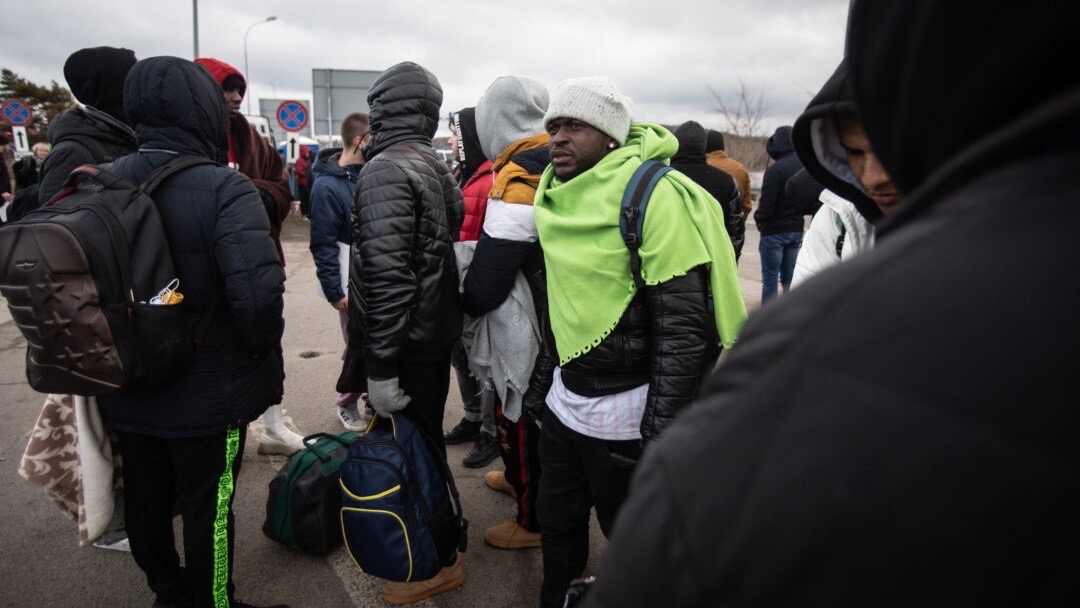The Russian invasion of Ukraine has re-established issues of race that have been overlooked — or ignored — in European culture.
The current war is leaving Ukrainians seeking refuge in neighbouring countries with tensions rising by the day.
In this time of despair, Ukrainians are just looking to get out of their homes that have been destroyed by war. But for many minorities living in Ukraine, it’s not that easy.
Black Ukrainians have not received the same sense of empathic urgency from neighbouring countries. They have been telling the world their journey to safety has been harder than others.
Antoinette Odiase is a 28-year-old Ukrainian immigrant who migrated to Ukraine after leaving her home in Nigeria to pursue an education.
She said in times of struggle as immense as war, she never thought her race would become a blockage to her safety.
Like many Black Ukrainian refugees, Odiase said she felt many forms of discrimination when trying to travel into Poland and neighbouring European countries from Ukraine.
She said even the tone she was addressed in by authorities reflected the disparity in treatment between Black Ukrainians and whites.
There is so much fear coming out of Eastern Europe right now, it’s surprising that race is such a dominant issue in the world in 2022, she said.
One wonders if race always be a dominant issue even in world wars. Associate professor Robert Austin at the Munk School of Global Affairs at the University of Toronto said it’s highly likely.
Austin, who specializes in European affairs, states, politics and laws, said aspects of race and war have always affected society. The ideals of classism and power which Europe is centred upon gives people reason to believe one group is better than the other, he said.
Austin said trends in European population are also an additional factor to separatism and discrimination in Ukraine as there are smaller Black communities living in Eastern Europe.
The Russian invasion of Ukraine has raised concerns about society’s progression. Odiase said this moment in time proves the world has done little in the progress of its history.
Odiase asks what will be done to help Ukrainians who are being overlooked by their own. The Western world is focused on how the war is affecting their economies but there are so many more problems arising from a humanitarian standpoint, she said.
Canada’s non-profit foundation committed to independent research, the Angus Institute, said four in five Canadians support the government in allowing unlimited Ukrainian refuges into Canada. But more than half didn’t support Ottawa’s plan in 2015 to allow 25,000 Syrian refugees.
That brings into focus the question that begs to be answered: why the difference?
During times of crisis supposed allies always seem to fall short. Odiase said she wants to see action which includes everyone.

